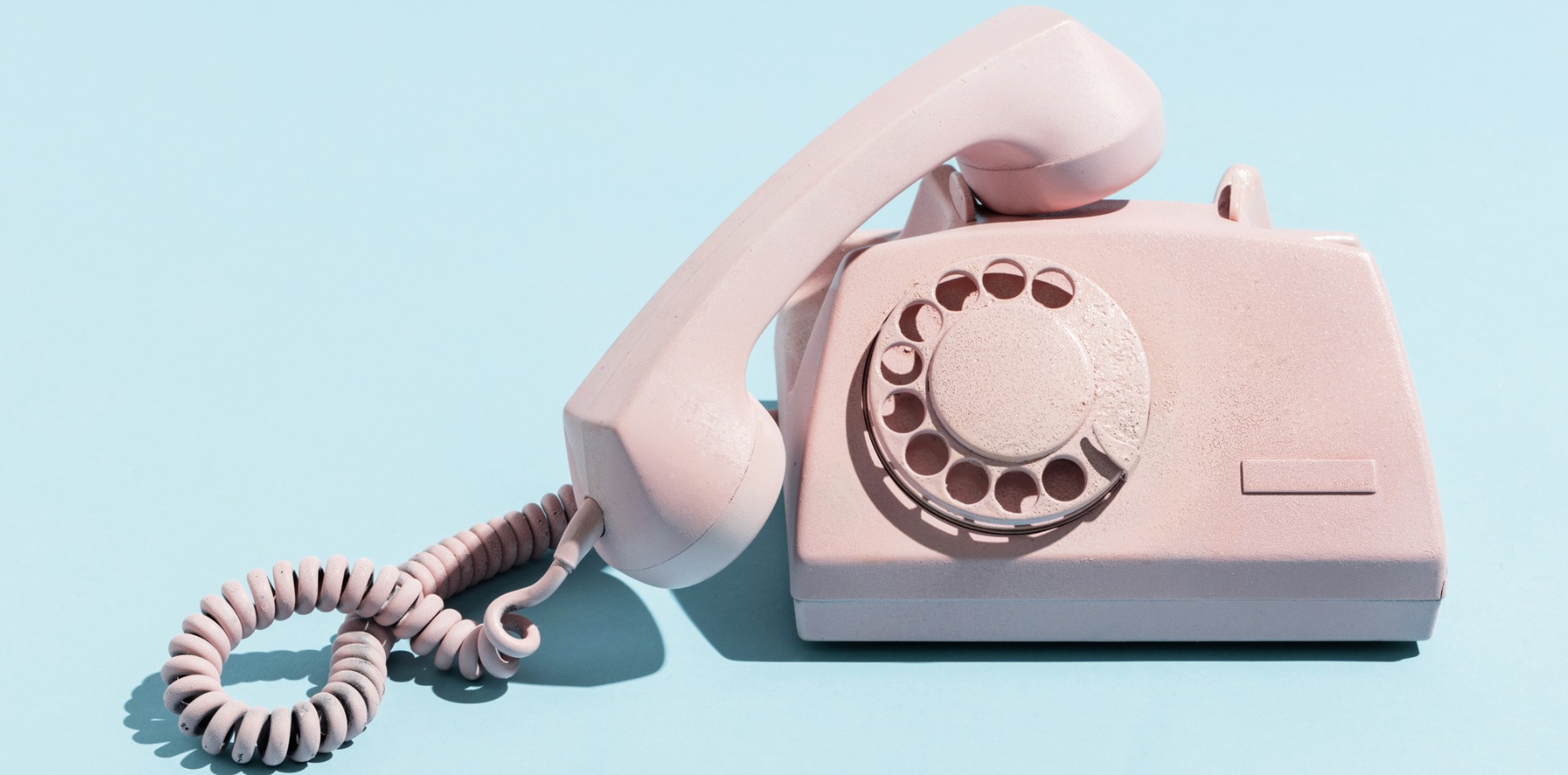University of Adelaide researchers are leading a surge which could see a 10% growth in the market by 2030.
Australia’s telehealth devices market is set to grow by about 10% between 2023 and 2030, according to data and analytics company GlobalData.
In a new report, GlobalData found that the Asia-Pacific region is one of the fastest growing for the telehealth market, for multiple reasons including the growing elderly population, technological developments, increasing demand for healthcare and medical support in rural locations, shortage of healthcare professionals, and increased calls to reduce escalating healthcare expenditure.
One area particularly noted by GlobalData was wound care treatment in Australia, with advances in digitalisation and significant developments such as that from researchers at the University of Adelaide, who are introducing smart glasses featuring mixed reality technology.
The innovative headsets use holographic technology to allow remote health workers to have their hands free for performing necessary procedures such as treating wounds and changing dressings under the direction of a specialist, who will be able to see a live video stream from the remote health worker’s point of view.
“Chronic ulcers on the lower limbs are a common problem and cause significant illness and diminished quality of life,” said chief investigator Professor Robert Fitridge.
“The new software will allow health professionals in different locations to work more closely together, potentially preventing leg and foot amputations and saving lives.”
This project is a collaboration between the University of Adelaide, Insight Via Artificial Intelligence, SA Health (Professor Paul Worley, Cathy Loughry, Sharon Wingard) and UniSA (Dr Ancret Szpak, Dr Kristin Graham).
The project team has recently received $2.27 million over four years from the Medical Research Future Fund’s National Critical Research Infrastructure Scheme.
It’s expected the smart glasses will be rolled out within the next five years, with early versions of the technology to be tested at selected locations across South Australia from 2024, including clinics in the Riverland, Murray Bridge, and other regional SA sites.
Meanwhile Shraddha Sapkal, GlobalData’s medical devices analyst, said the smart glasses project was just one instance of growing demand for telehealth services.
“The escalating demand for telehealth services can be attributed to its provision of convenient and affordable access to high-quality medical treatment, effectively meeting the needs of both consumers and providers who prioritise convenience and improved care accessibility,” she said.
“Australia’s inventive venture into smart glasses for wound assessment has set the tone for a transformative journey in the field of telehealth. With an ongoing dedication to innovation and improved healthcare access, the country stands out as a bright example for the global healthcare community.
“As the telehealth landscape evolves and thrives, the world may expect an upsurge of new advances and beneficial consequences that will overhaul not only wound care, but also the broader frontiers of healthcare.”


